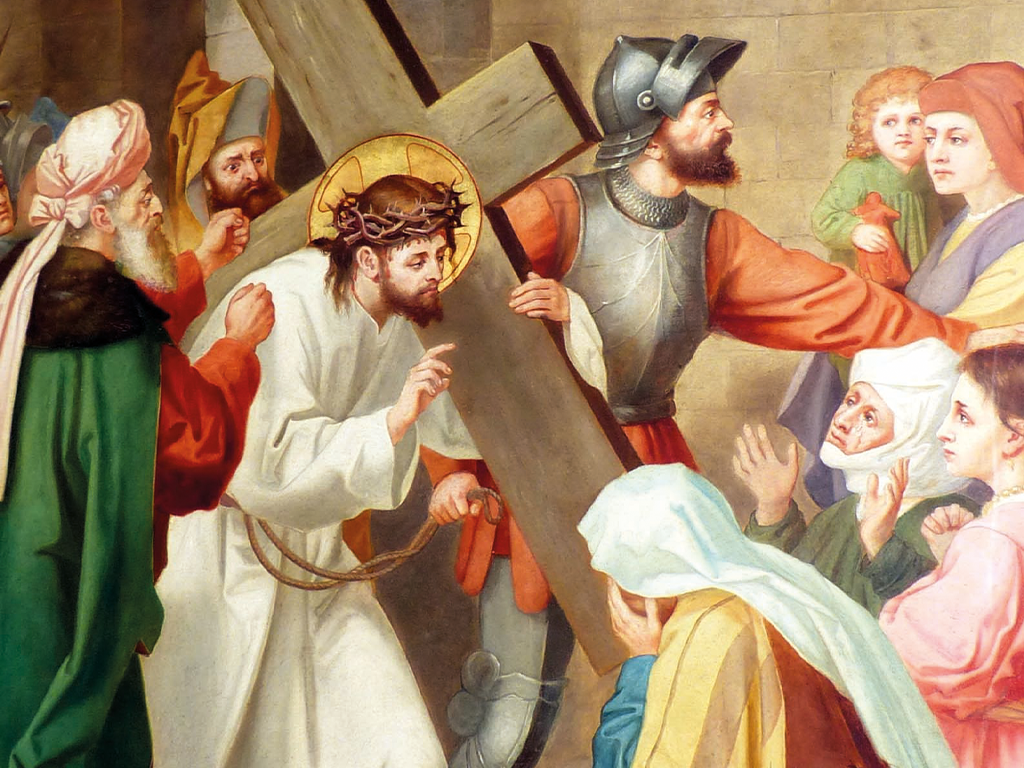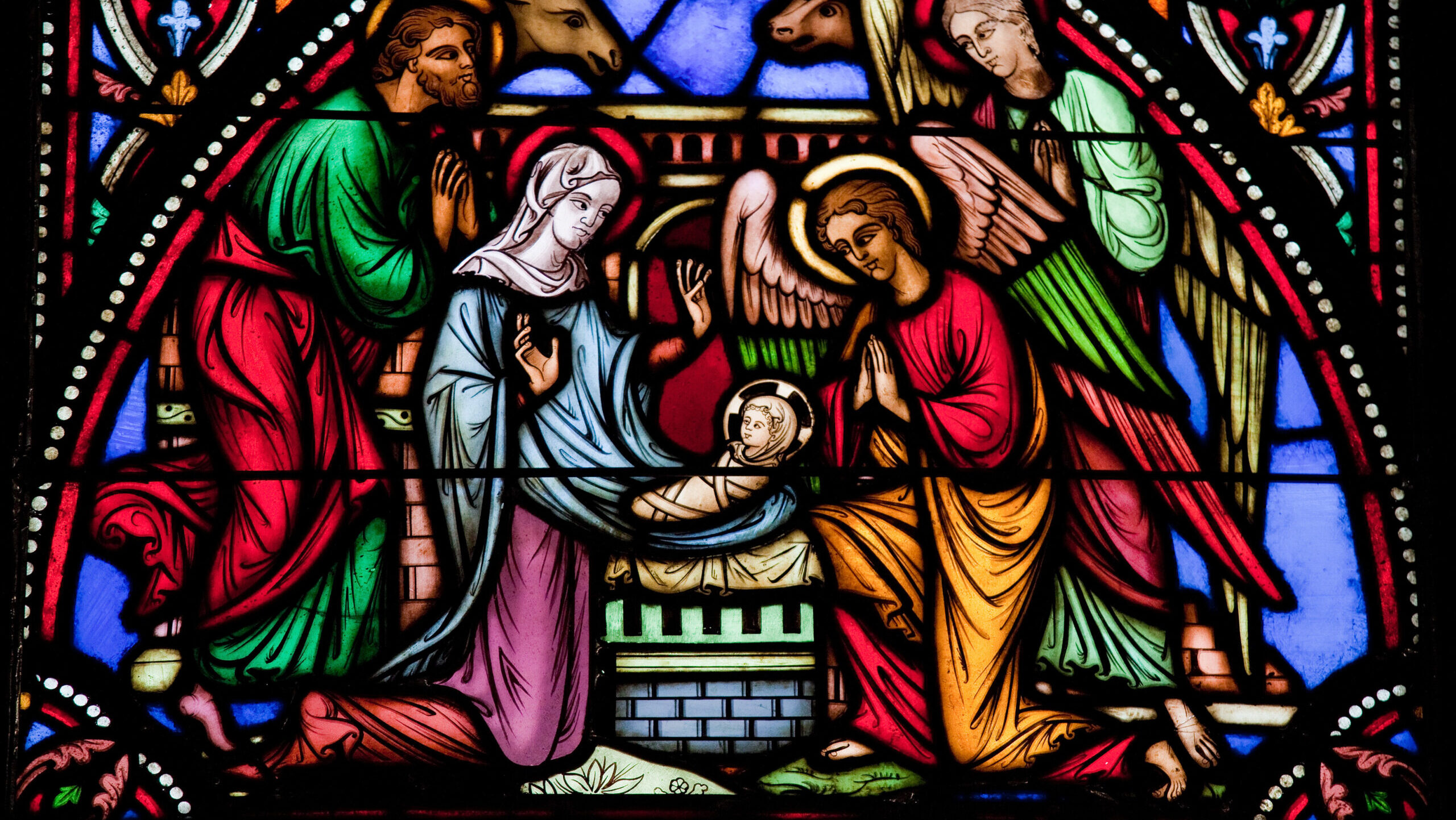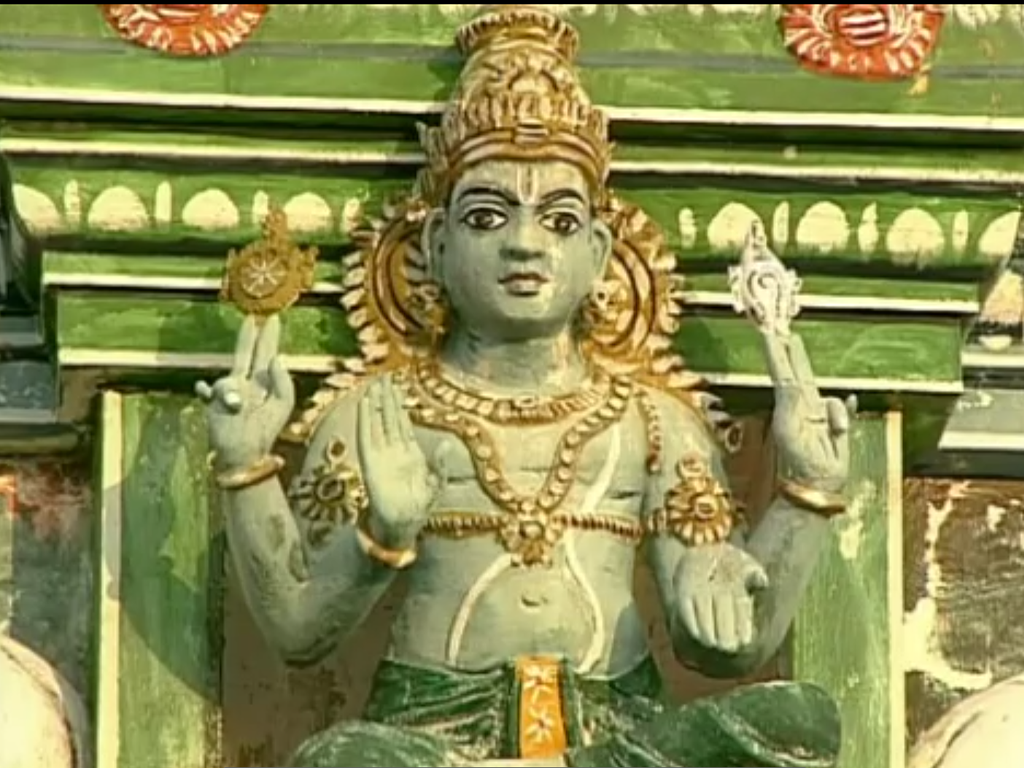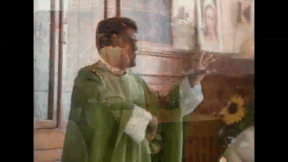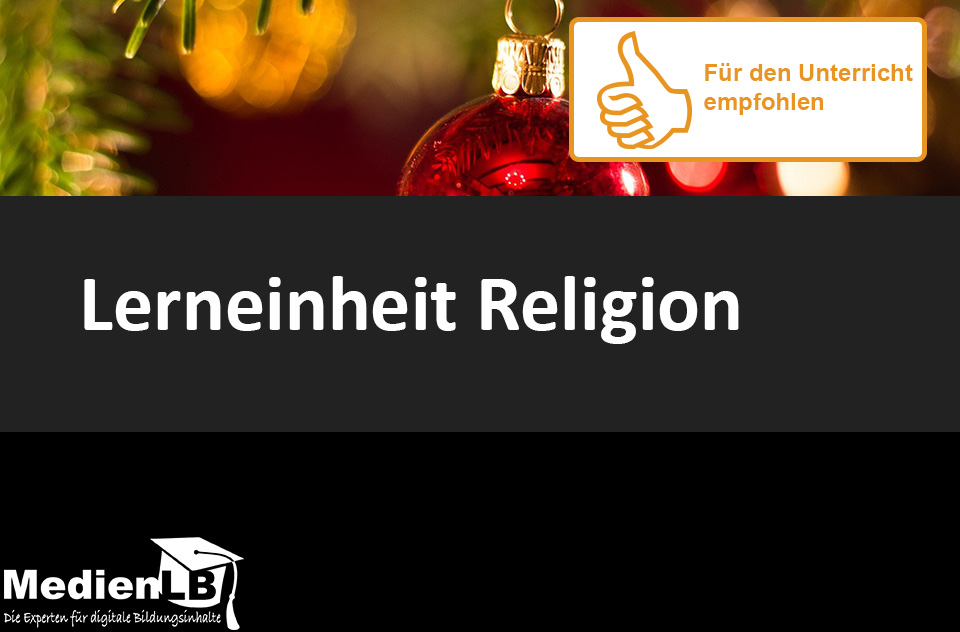

55503650
Advent und Weihnachten
Für den Unterrichtempfohlen
In 10 interaktiven H5P-Modulen wird Wissen zu Religion, besonders zum Thema Advent und Weihnachten, vertieft und abgefragt.
Ein interaktiver Adventskalender bereichert diese Einheit.
Das Medium bietet H5P-Aufgaben an, die ohne zusätzliche Software verwendbar sind.
Durch interaktive Aufgabentypen wird das audiovisuelle und interaktive Lernen einfach.
Lernen macht jetzt Spaß!

Included Tasks
- I Die Adventszeit - Video und Interaktive Aufgaben
- II Der heilige Sankt Nikolaus - Interaktive Aufgaben
- III Die Weihnachtsgeschichte - Video und Interaktive Aufgaben
- IV Dreikönigstag - Interaktive Aufgaben
- V Weihnachten in Deutschland - Interaktive Aufgaben
- VI Weihnachtsbräuche in anderen Ländern - Lückentext
- VII Weihnachten und die fünf Weltreligionen - Interaktive Dialogkarten
- VIII Was gehört zu Weihnachten? - Interaktives Quiz
- IX Jeden Tag ein Türchen - Interaktive Adventskalender
- X Warten aufs Christkind - Finde die Bildpaare
Curriculum-centred and oriented towards educational standards
Matching
Jesus Christ
Long hair, a beard and a slender figure. This is the picture of Jesus Christ that we have in mind. We do not know whether he actually looked like that. But there is hardly any doubt that he lived about 2,000 years ago. After all, there are various independent sources reporting his crucifixion. But what was so special about him? Why has a world religion emerged from his teaching, whereas many other preachers of his time have long been forgotten?
5.-7. Jahrgangsstufe, Vol. 1
In unserem Arbeitsheft Religion, 5.-7. Jahrgangsstufe, Vol. 1 finden Sie 50 interaktive und didaktisch aufbereitete Aufgaben.
Indian Priests
Is there anything unusual about Father Xavier, a coloured missionary from India, working as a priest in Germany? The film begins with Xavier in his Indian home village where people Christianity is part of people’s everyday lives. Then we see him work as a chaplain in a community in Munich where he is faced with the situation of the Church in Germany: empty rows and mainly senior churchgoers. He learns that foreigners are not always welcomed with open arms. What does “mission” mean today? Has Germany become a place in need of missionary work? If there is a shortage of young priests in Germany, is it possible to simply invite young priests from other cultures, from the churches of Asia, Africa and Latin America to come here? Are they bringing the message they once received from missionaries back to Europe? Does evangelisation now take place the other way round?




